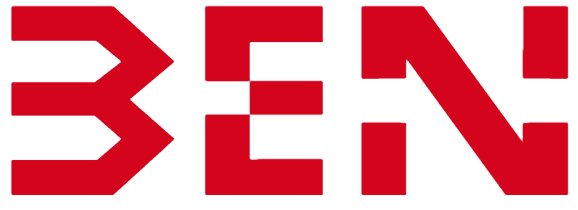Keynote speaker topics and themes
My Topics as
Keynote Speaker.
No Rehersed Show – Only Real Insights
I have made a name and reputation for myself by sharing knowledge and information. I translate complex topics into engaging and actionable stories. No BS, no marketing, no scripted shows – this made me a world’s leading keynote speaker, speaking all over the world.
Unique Knowledge and Experience
Honestly, I have been fortunate in my life to have so many opportunities. From big failures to flying high, I’ve learned from many different experiences, and the combination of these experiences that I’m sharing with you is unique, as are the lessons learned.
Focus on Impact for the Audience
Empowering others to understand and act on the future – that has always been my mission. I have made a name for myself by giving impressive and futuristic keynotes, but also down-to-earth, motivational keynotes that inspire the audience.
More Than Keynotes and Presentations
Keynotes are not everything. I usually encourage the organizers to offer additional formats such as Q&As, Meet & Greets, workshops, consultations or other formats. I am delighted when I can offer the company or event added value that goes beyond a mere presentation.
“Global organizations trust me – not because of a show, but because I make a difference, change minds and inspire.”
Unique combination of insights and experiences
More Than a Keynote Speaker – Entrepreneur, Futurist, Advisor
As a keynote speaker, I offer a unique perspective that goes beyond the traditional, one-dimensional view often presented in such talks. My goal is always to provide a multi-faceted understanding that combines the practical aspects of business, the foresight of a futurist and the strategic thinking of a consultant.
My background is not in academia or the entertainment industry, but in the real-life experience of building a business from the ground up, experiencing successes and failures alike. I have traveled from humble beginnings to founding and running successful businesses and embody the essence of entrepreneurial resilience and innovation.
This journey has equipped me with a wealth of practical knowledge and insights that go far beyond theoretical concepts.
Motivational Keynote Speaker
I love my work, I love technology, I love change and I love to change the status quo. As a motivational speaker, I share this passion for change, technology, entrepreneurship and innovation. These keynotes are also great as a kick-off for change projects.

Leadership Keynote Speaker
Leadership is about inspiring, guiding and making impactful decisions. In my keynotes on leadership, I focus on sharing insights into my own journey, discussing how to lead in a time of constant change and what qualities make a true leader in the digital age.
Futurist Keynote Speaker
As a futurist keynote speaker, I engage with the future and explore new trends and technologies. My talks provide insight into how these advances will shape our world and offer strategic insights to prepare for upcoming changes.
Technology Keynote Speaker
In my technology keynotes, I decode the complexity of the latest technological innovations. I discuss their impact on business and society and provide a deep understanding of how to leverage technology for growth and efficiency.
Innovation Keynote Speaker
Innovation is the heartbeat of progress and one of my biggest passions. My innovation keynotes are about fostering a culture of creativity and disruption and sharing strategies on how to stay ahead in a rapidly evolving business landscape.
Marketing Keynote Speaker
When it comes to marketing, it’s important to stay ahead of the trends. My marketing keynotes are about the latest digital marketing strategies, consumer behavior insights and how to make compelling strategies and highly scalable successes possible.
Speaker on Digital Transformation
In my digital transformation keynotes, I explain the profound transformation that organizations are undergoing in the digital age, focusing on the integration of new technologies, evolving business models and cultural change. The biggest topic and also the most important one.
Artificial Intelligence AI Keynote Speaker
As an AI keynote speaker, I focus on the transformative power of artificial intelligence, its practical applications, ethical implications and future potential. In my talks, I bridge the gap between technological innovation and its impact on the real world.
Inspirational Keynote Speaker
As an inspirational keynote speaker, I combine deeply personal motivational stories with practical insights to encourage and motivate audiences. My talks are about fostering resilience, embracing change and the power of innovation to inspire individuals and organizations to reach their full potential.
Speaker on Change Management
Change management is a very important topic for me. I address the dynamics of organizational change, focusing on strategies to effectively manage change in a rapidly evolving business environment. I share practical tools and insights for managing change and ensuring that organizations are equipped to adapt, evolve and succeed.
Business Keynote Speaker
My business keynotes combine practical experience with strategic vision, especially for internal events. I talk about how to overcome business challenges, seize opportunities in a dynamic market and transform to become a leading organization.

Conference Keynote Speaker
As a keynote speaker at conferences, I aim to set the tone for the event by delivering engaging, thought-provoking content that resonates with the theme and provides lasting insight and inspiration to the audience.
Do you also give Virtual Keynotes?
Yes, over the years, especially during COVID-19, I have also adapted and offered more virtual formats. Getting the audience’s attention and adapting to the different dynamics is key and I’m proud that I’ve managed to show engagement even from a distance.
I’m also happy to offer insight and advice on how to make the most of this, as well as feedback from my extensive experience. I make sure that the event is a success and even if it is only virtual, that a keynote is not just a presentation, but motivates, encourages and puts complex issues into action.
More Than Keynotes
Delivering Impact beyond Keynotes
Extended Q&A Sessions
Sometimes it’s not enough to have just 10 minutes for questions. I like to stay longer, hold extended Q&A sessions, fireside chats or other formats to interact with the participants and respond to their specific questions.
Podcast & Interview Guest
I am also happy to stay longer and take part in interview formats, make videos for your event or knowledge portal or simply for your intranet. Do you have a podcast or corporate television? Great – I’d be happy to discuss with you how I can pass on knowledge.
Workshops & Interactive Sessions
A keynote can be a great way to share my condensed knowledge and motivate. But for greater impact, interactive formats like workshops help participants and management get the most out of my experience and insights.
Publications & Contributions
I often encourage the companies and events that book a keynote with me to collect questions or give me topics and I am happy to discuss contributions such as publications, written Q&A or other formats. Just let me know what you want to achieve and I’ll be happy to advise you.
Are you open for different formats?
Yes, I love different formats and creative ideas. I don’t have standard “off the shelf” keynotes and I don’t review the keynote. I want to deliver the best talk and presentation for the audience, for the topic and for the specific circumstances. That’s part of what makes me a world-leading keynote speaker – I do it because I know what I’m saying, not because I’ve just researched a few likes, put together a few slides and then talk about a topic I’m not really an expert on.
I give you all my passion, all my expertise and insights and together we can develop special formats and presentation styles and even talk about “freestyle presentations” or “interactive formats” or something completely unconventional.
That’s the difference, I speak from experience and passion and that makes me very adaptable and flexible.
Knowledge and Insights
Latest From My blog
The White Collar Revolution: How AI is Transforming Business Management
In my recent publication on MoreThanDigital (Evolving Management Toward AI-powered and Insights-Driven Organizational Transformation), I discussed how we're witnessing a pivotal moment in business management evolution. Today, I want to expand on those ideas and share...
Strategic Competitive Advantages in the AI Era
I just published my new article on MoreThanDigital about a very important topic that many companies have been asking me about over the last few months, and even in Davos it was one of the main topics. - Adapting to AI and Building a Strategy in the AI Age But here on...
Data-Driven, Insights-Driven or Value-Driven for Your Business?
The original publication appeared on MoreThanDigital: Data-Driven, Insights-Driven, and Value-Driven Models With Data as a Strategic Asset Data has become the lifeblood of modern organizations in today's digital age. Companies are increasingly recognizing the immense...
Testimonials
What Others Say About Me
I have worked with many inspiring people, companies and institutions around the world and I am delighted to some some of their voices and see how they have experienced my influence as a keynote speaker, as a panelist, as an entrepreneur and also as a futurist.

Skander Haddar
CEO
“I rarely come across real talents who stand out like Benjamin.”

Niki Skene
Founder
“Benjamin Talin like not a lot of people understood how exponential change will impact the political spiderwebs in our world. He is a dot-connector and fast thinker.”

Joël Charles Wuethrich
CEO
My Global Reputation and Recognition
















